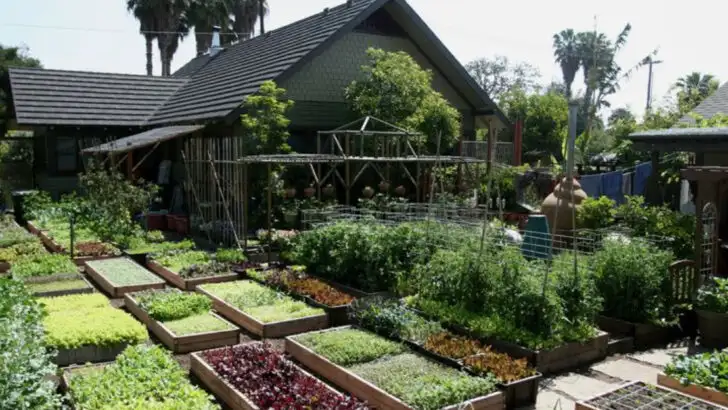Across suburbs, small towns, and even city lots, something is quietly shifting in backyards all over America. Lawns are shrinking. Raised beds are multiplying. Chickens are clucking. And that old idea of a self-sustaining homestead? It’s no longer reserved for off-grid survivalists or rural farmers—it’s becoming mainstream.
Why? Because more Americans are rethinking what their outdoor space could be. Whether it’s the cost of groceries, growing concerns about food security, or just the satisfaction of gathering eggs and herbs steps from your kitchen, the appeal of the mini homestead is hard to ignore. And it’s not about having acres of land—it’s about using what you’ve got smarter.
This isn’t a passing trend—it’s a movement. From Gen Z renters growing tomatoes on fire escapes to retired couples converting lawns into edible landscapes, mini homesteading is redefining the American dream. These 17 reasons explain exactly why—and why you might want to start digging, too.
Sustainable Living Practices
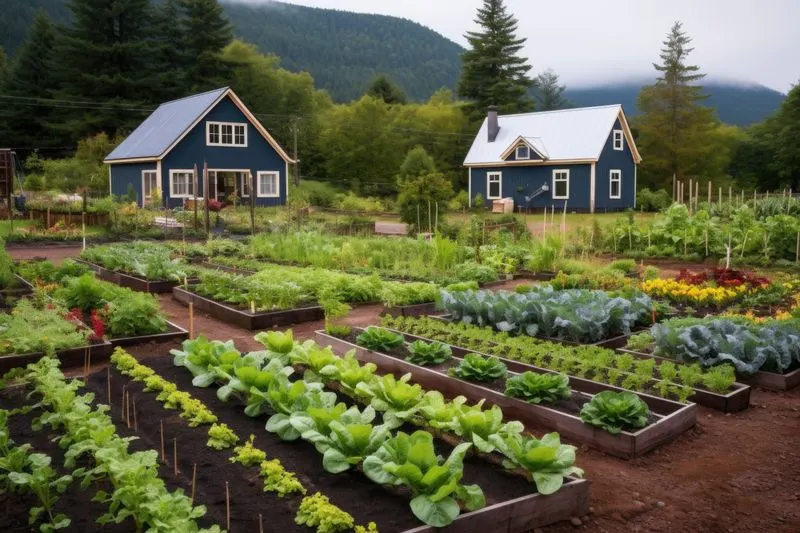
Sustainability isn’t just a trend; it’s a necessity. By turning yards into mini homesteads, individuals can lower their carbon footprint. Home gardens reduce the need for commercially transported produce, cutting emissions. Using rain barrels for irrigation and composting organic waste further enhances eco-friendly practices. This shift not only benefits the planet but also instills a sense of responsibility and accomplishment.
Organic Food Availability
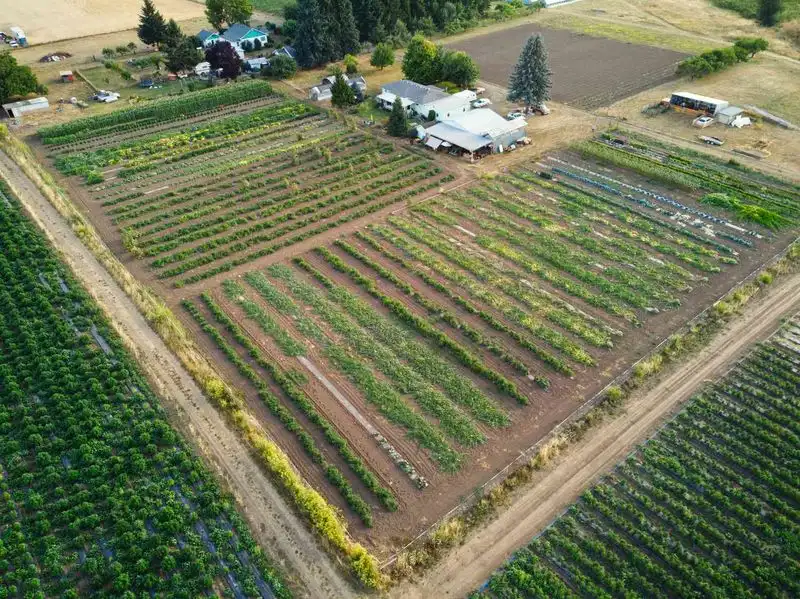
Imagine stepping outside and picking dinner fresh from your garden. Mini homesteads provide immediate access to organic produce. Families can grow a variety of fruits and vegetables, ensuring they eat fresh and chemical-free food. This not only promotes health but also saves money on groceries. Additionally, gardening offers an educational experience, teaching children about food sources and healthy eating habits.
Cost Savings
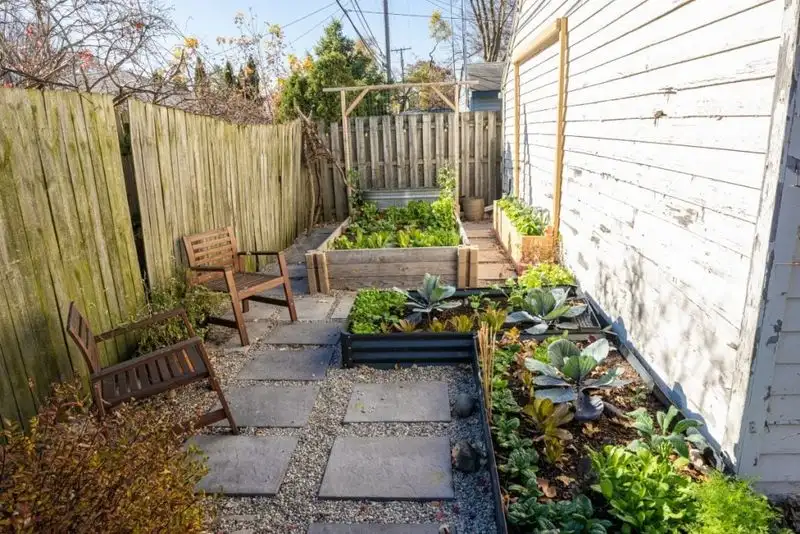
Growing your own food can significantly reduce grocery bills. With mini homesteads, expensive organic produce becomes affordable. Families can preserve excess harvest through canning or freezing, cutting future costs. Beyond food, these practices encourage a self-sufficient lifestyle, reducing reliance on external sources for basic needs. The initial investment in seeds and supplies pays off over time, making it a wise financial choice.
Food Security
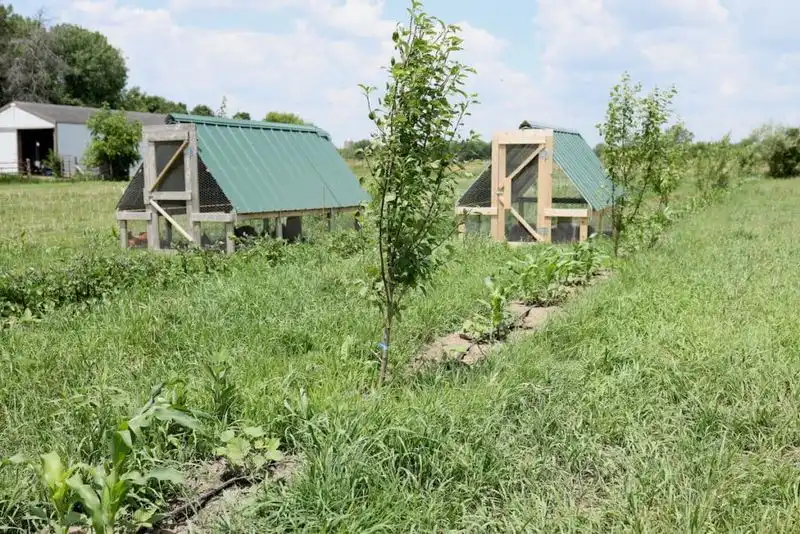
In uncertain times, food security is paramount. Mini homesteads offer a reliable food source, reducing dependency on fluctuating market conditions. By growing a variety of crops, families ensure they have access to nutritious food year-round. This self-sufficiency provides peace of mind and fosters community resilience. Sharing surplus with neighbors strengthens social bonds and builds a supportive network.
Connection with Nature
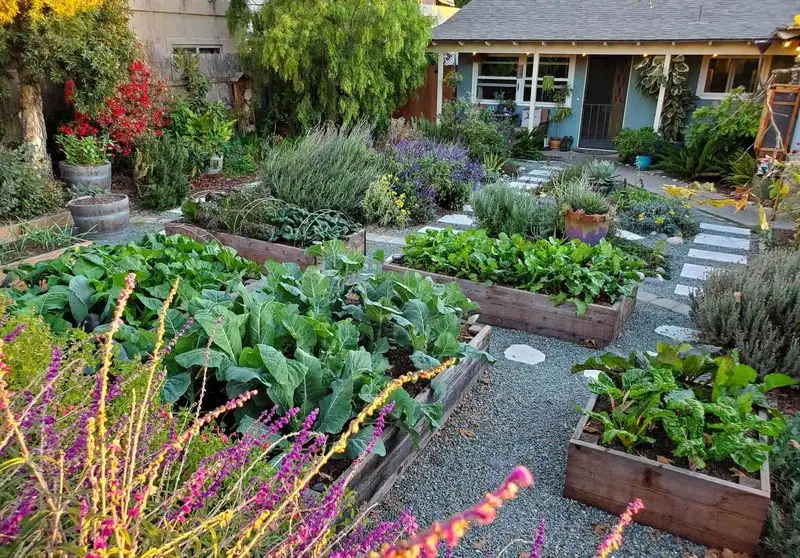
Gardening connects people to the natural world in profound ways. The act of nurturing plants fosters a deep appreciation for nature’s cycles. This connection is therapeutic, reducing stress and enhancing mental well-being. Many find solace in tending to their gardens, enjoying the sights, sounds, and scents of nature. This mindful practice encourages an environmentally conscious mindset, promoting lifelong habits of sustainability.
Educational Opportunities
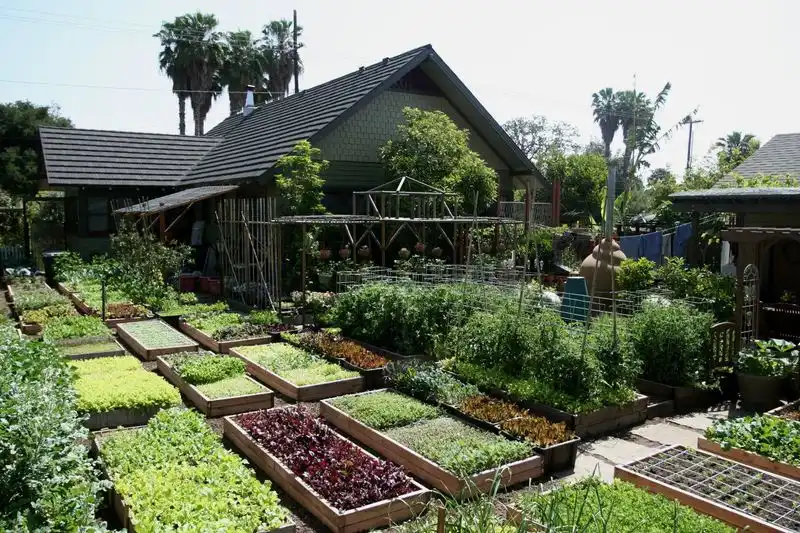
Gardens are living classrooms. Children and adults alike can learn about biology, ecology, and sustainability through hands-on experience. Observing plant growth, understanding soil composition, and recognizing beneficial insects provide invaluable lessons. These experiences promote critical thinking and problem-solving skills. Engaging with nature sparks curiosity and fosters a lifelong love of learning.
Physical Exercise
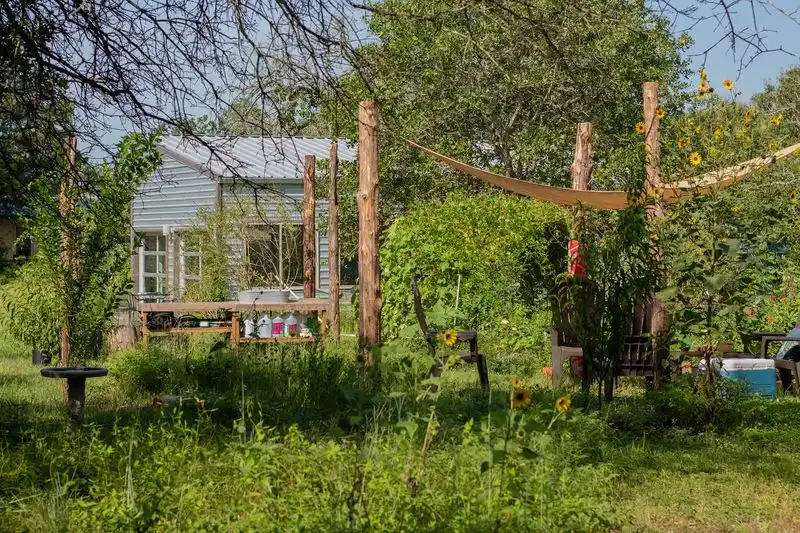
Gardening is a great way to stay physically active. Tasks such as digging, planting, and weeding provide a full-body workout. This activity improves strength, flexibility, and endurance. Engaging in regular garden chores offers a healthier alternative to sedentary lifestyles. The satisfaction of seeing plants thrive from your efforts boosts motivation to maintain this physical routine.
Aesthetic Appeal
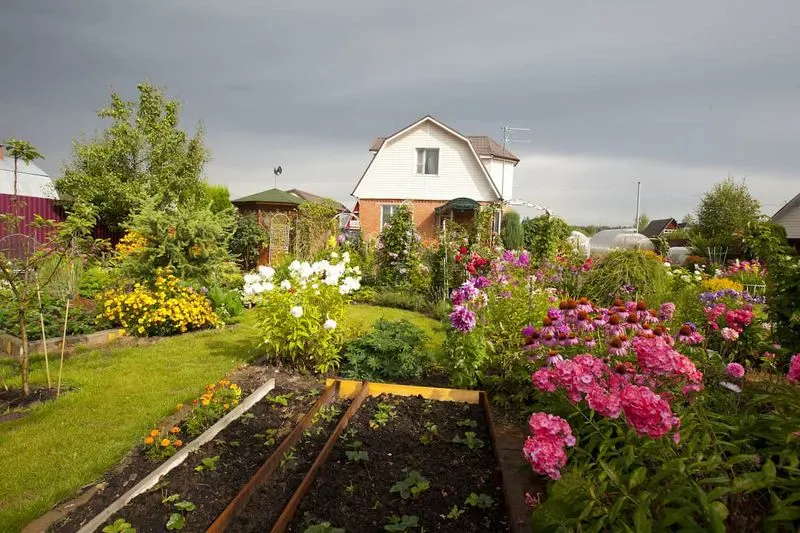
A well-tended homestead enhances a property’s visual appeal. Thoughtful landscaping with diverse plants creates an inviting atmosphere. Flowers add bursts of color, while shrubs provide structure and privacy. This aesthetic transformation turns ordinary yards into picturesque retreats. Neighbors and passersby will admire the creativity and effort put into maintaining such an attractive space.
Wildlife Habitat Creation
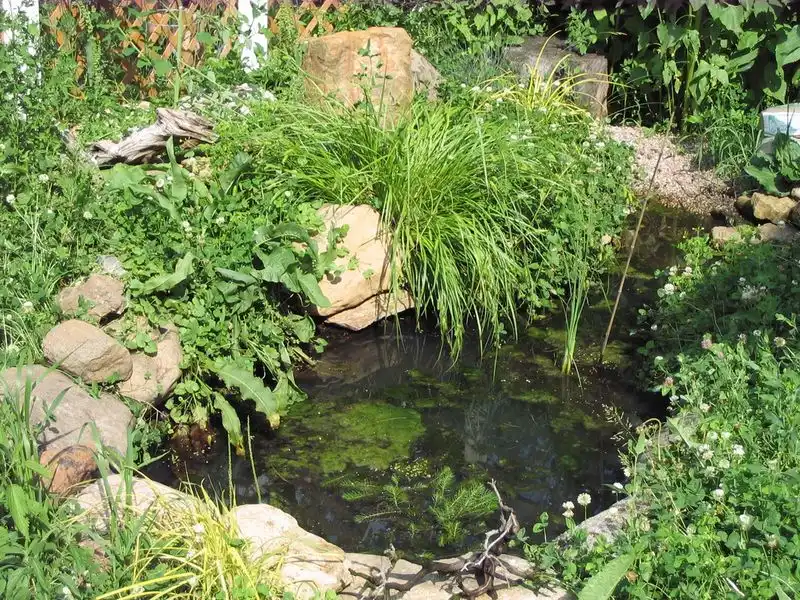
Mini homesteads often double as wildlife sanctuaries. By cultivating native plants, gardeners attract beneficial insects and pollinators. Birds and small mammals find shelter and food, creating a balanced ecosystem. This biodiversity enriches the garden experience, offering endless opportunities for observation and enjoyment. Supporting local wildlife also contributes to environmental conservation efforts.
Stress Relief
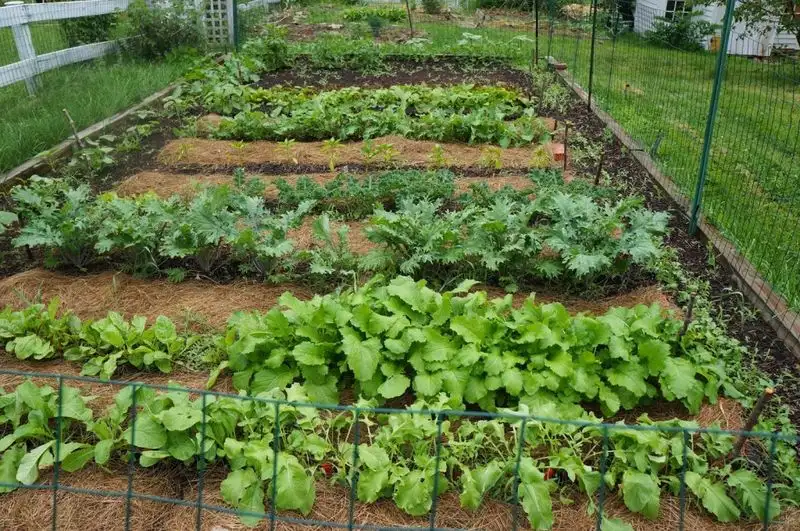
Gardening is known for its calming effects. Taking time to care for plants provides a break from the daily grind. The repetitive nature of garden tasks becomes meditative, reducing anxiety and promoting relaxation. The garden becomes a sanctuary, offering a peaceful escape where one can unwind and reflect. This natural therapy boosts mental health, fostering a positive outlook on life.
Improved Mental Health
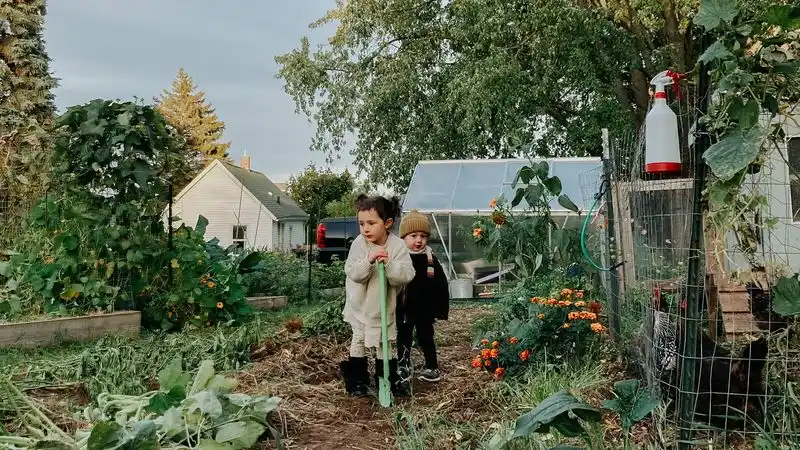
Connecting with nature has profound mental health benefits. Gardening lifts the spirits by offering a sense of purpose and accomplishment. The fresh air and sunlight elevate mood and increase energy levels. Regular interaction with the garden instills a routine, providing stability and reducing symptoms of depression. This nurturing activity encourages mindfulness and personal growth.
Community Building
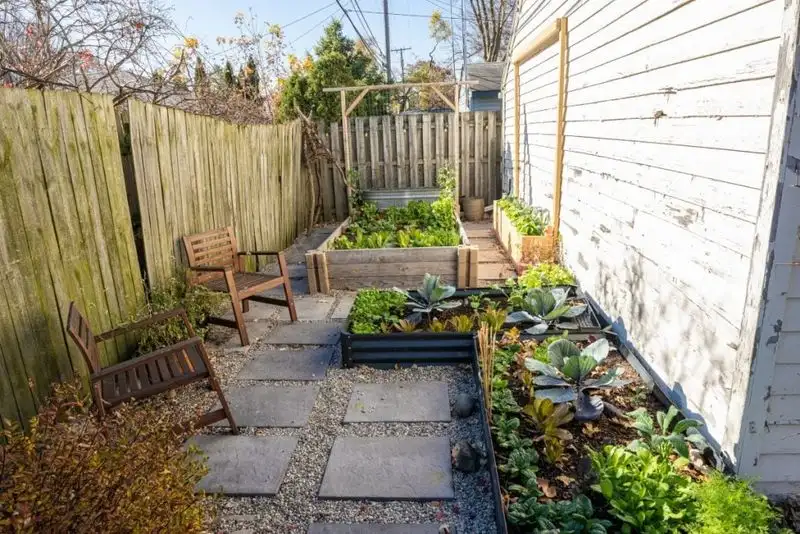
Mini homesteads foster community spirit. Sharing gardening experiences and harvests builds friendships and strengthens neighborhood ties. Community gardens become social hubs, where knowledge and resources are exchanged. These interactions promote inclusivity and collaboration, creating a sense of belonging. The communal aspect of gardening creates a supportive network that enriches lives.
Creative Outlet
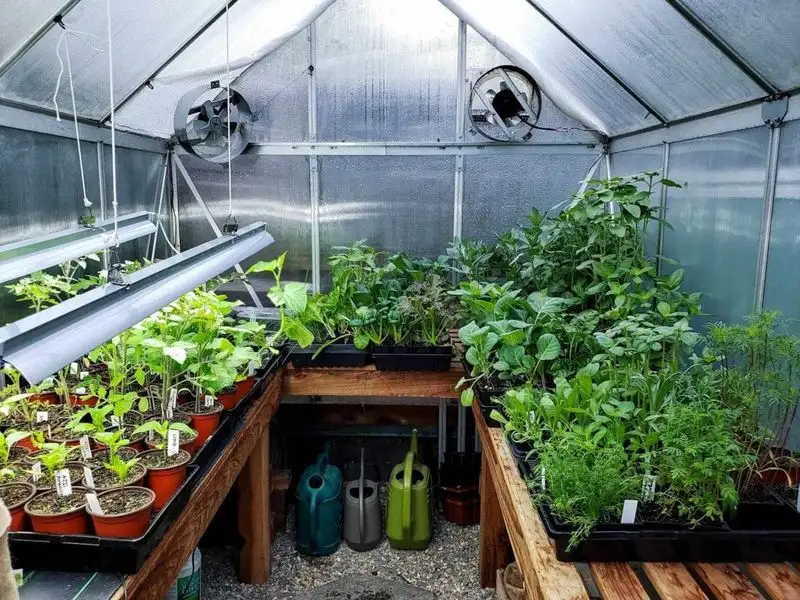
Gardening is an art form. With endless possibilities for plant combinations and designs, it provides a creative outlet. Individuals express themselves through garden layouts, experimenting with textures and colors. This artistic endeavor brings joy and satisfaction as one sees their vision come to life. It encourages innovation and personal expression in a harmonious blend with nature.
Family Bonding
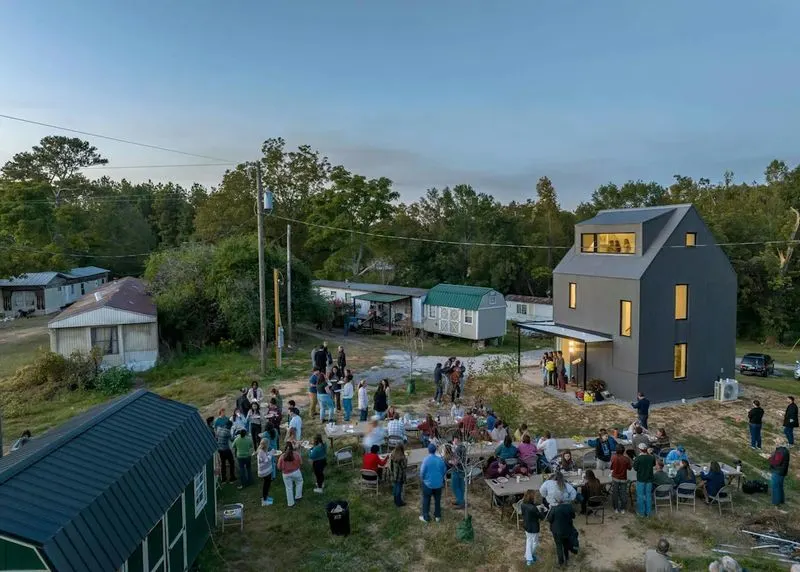
Gardening brings families closer. Working together to plant and tend a garden strengthens relationships and communication. It offers a shared goal that fosters teamwork and mutual support. Children learn responsibility and patience, while adults connect with loved ones through a meaningful activity. This quality time in the garden creates cherished memories and lasting bonds.
Personal Empowerment
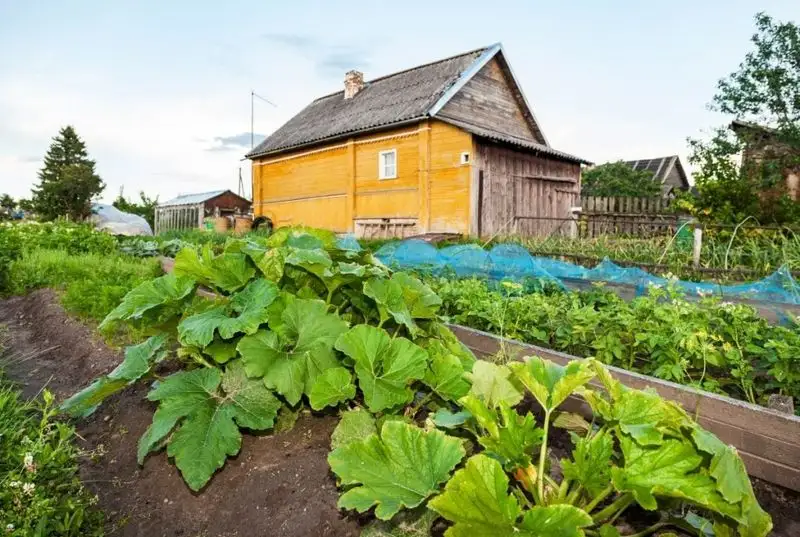
Growing one’s food instills a sense of empowerment. The ability to produce and sustain oneself fosters independence. This self-reliance is rewarding, boosting confidence and self-esteem. Gardening challenges individuals to learn and adapt, building resilience. The fruits of labor are tangible proof of capability and perseverance, paving the way for further personal growth.
Seasonal Awareness
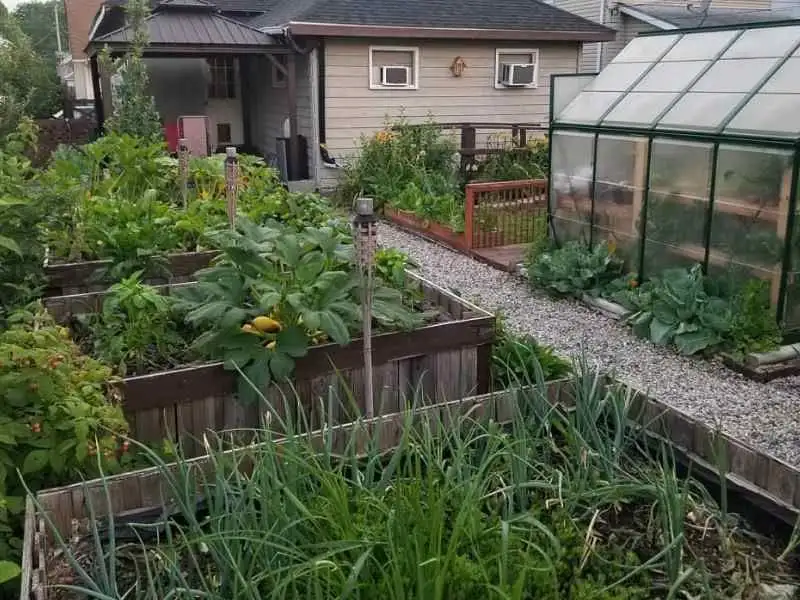
Gardening heightens awareness of natural seasonal cycles. Observing changes in plant life deepens appreciation for each season’s unique qualities. This connection to nature’s rhythms fosters patience and anticipation. Seasonal gardening encourages planning and adaptability, as gardeners work with nature’s timeline. It enhances the understanding of ecological balance and time’s passage.
Emergency Preparedness
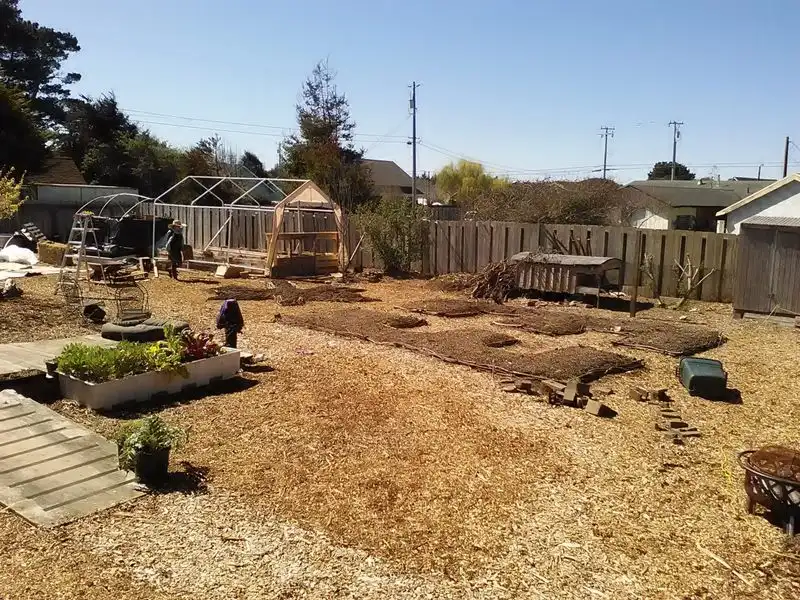
Mini homesteads contribute to preparedness. Stockpiling homegrown food ensures a buffer against emergencies. Canning and preserving extend the shelf life of produce, providing nutrition during unforeseen events. This foresight offers security and self-reliance, reducing dependency on external sources. Being prepared enhances peace of mind and the ability to cope with life’s uncertainties.

